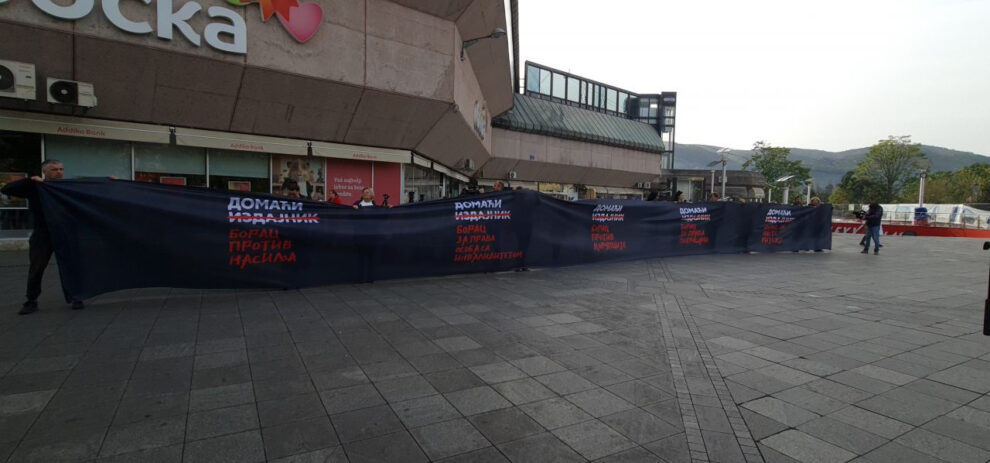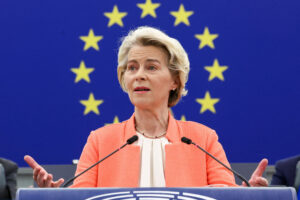Parliament in Bosnia’s Serb-dominated Republika Srpska entity started public consultations on adopting a law to restrict the work of NGOs and potentially label them ‘foreign agents’ despite criticism that it would limit freedom of expression.
The government of Bosnia’s Serb-dominated entity of Republika Srpska started public consultations on a controversial bill that would restrict non-profit organisations from engaging in “political activities”, mandate their enrolment in a special registry and subject them to increased legal oversight.
The plans put forth by the president of Republika Srpska, Milorad Dodik, would permit the identification of civil society groups and non-governmental organisations as “foreign agents”, as they are in Russia if they receive foreign backing.
The move comes after the government adopted a draft of the proposed Law on the Special Registry and Publicity of the Work of Non-Profit Organisations, dubbed the ‘foreign agents law’ by its critics, in September.
Ahead of the first of the series of consultations, a small group of civil society organisations representatives held a protest in the Banja Luka, the administrative centre of Republika Srpska, arguing that the adoption of such a law would limit the rights to freedom of association and freedom of expression.
“The law makes no sense; it won’t improve anything, but it will only make the work of non-profit organisations more difficult,” said Aleksandar Zolja from the Helsinki Citizens’ Assembly Banja Luka, N1 reported.
“Targeting, belittling, and the very phrase ‘foreign agents’, which enters our legal framework for the first time with this law, is discriminatory and paints a target on our foreheads,” Zolja added.
A group of civil society organisation working in Republika Srpska had announced plans to hold a protest walk in Banja Luka, but then informed the media on Monday that it had been banned by the police.
The planned law has already faced criticism from both the EU and the US.
The Council of Europe’s Venice Commission and the OSCE’s Office for Democratic Institutions and Human Rights also criticised the draft law and have called on the authorities to reconsider its adoption entirely.
President Milorad Dodik introduced the law in early March. He has argued that his proposal mirrors a similar law in the United States, emphasising that the US law identifies foreign non-governmental organisations or those funded by foreign sources as “foreign agents” on US soil.
The draft law follows the adoption in July by the Republika Srpska government of amendments to the criminal code, bringing defamation back into the criminal code after it was decriminalised in 2003.
Many media outlets within the region have expressed concerns that these changes will lead to increased censorship.
Source : Balkan Insight















